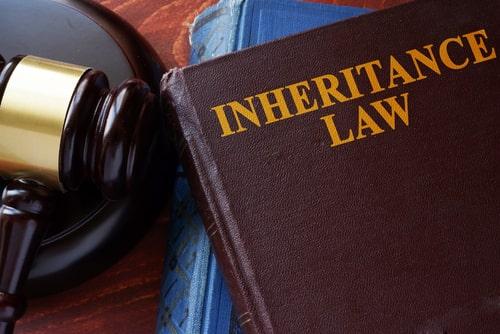Leaving Money to a Non-Family Caregiver? Read Illinois Law First
 Home health aides, skilled care providers, personal care aides, and other types of home care workers provide a valuable service to individuals who require consistent, ongoing care. If you suffer from health conditions and require assistance with medical needs or daily living tasks, you may grow very close to your caregiver. You may even come to think of the caregiver as if he or she was family.
Home health aides, skilled care providers, personal care aides, and other types of home care workers provide a valuable service to individuals who require consistent, ongoing care. If you suffer from health conditions and require assistance with medical needs or daily living tasks, you may grow very close to your caregiver. You may even come to think of the caregiver as if he or she was family.
Some people wish to express their gratitude for a home care worker by leaving them an inheritance in an estate plan. If you intend to leave money or other property to a caregiver, it is very important that you understand how Illinois law addresses inheritance left to caregivers.
Presumptively Void Transfers to Caregivers
Many people who receive care from an in-home health worker have significant medical problems that may make them vulnerable to exploitation or abuse. In order to combat this, Illinois law has established strict rules regarding asset transfers to non-family caregivers.
Per Illinois law, any transfers that are made in a will, trust, or beneficiary designation from a deceased person to a non-family caregiver in excess of $20,000 are presumed void. The burden of proof is on the caregiver to show that the transfer was not the result of fraud or undue influence.
In other words, if an individual leaves more than $20,000 worth of money or assets to a paid caregiver, the court assumes that this transfer is not legitimate. The caregiver will need to demonstrate that the decedent intended for him or her to receive the money or property, which can be very difficult.
Contact our Lombard Estate Planning Lawyers for Help
If you are interested in creating an estate plan in which you leave a significant amount of inheritance to a non-family caregiver, it is essential that you craft your estate plan in a way that removes any doubt about its authenticity. Our DuPage County estate planning attorneys are knowledgeable about Illinois estate planning laws and can help you build a strong estate plan that meets your unique needs and preferences.
Our attorneys are also available to help you if you believe that a loved one’s will, trust, or other estate planning document was a result of fraud, coercion, or duress. We can represent you during a will contest, represent your best interest, and help you understand all of your legal rights and options.
Call our office today at 630-426-0196 for a confidential consultation.
Source:
https://www.ilga.gov/legislation/ilcs/ilcs4.asp?DocName=075500050HArt.+V&ActID=2104&ChapterID=60&SeqStart=6800000&SeqEnd=7200000















